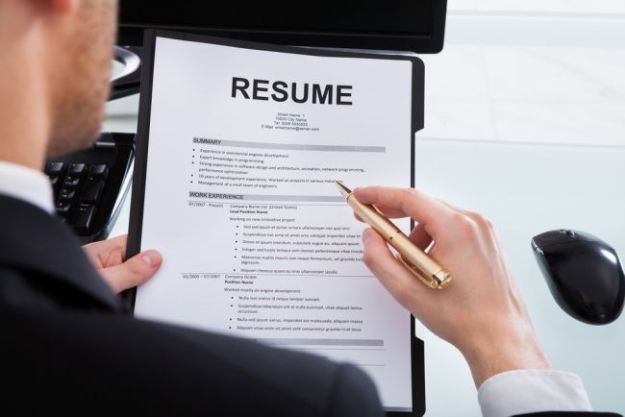Summary: What is the best way to submit your resume to a law firm? Find out in this article.

Question: Should I submit through a recruiter, a referral, or on my own?
A: Let’s start with submitting through a referral. Submitting through a referral is, of course, better than submitting on your own. If the referral is an associate or, better yet, a partner at the firm that you’re hoping to land at, or even if the referral is simply a friend of a partner at the firm (an extra degree of separation), submitting through a referral can be advantageous because if the referral is currently at the target firm, he or she is risking his or her professional reputation by referring you as a candidate, and therefore the referral carries weight. This sort of referral is comparable to a general reference from a lawyer with a strong reputation in the legal community, because the person is known to the firm and so their word matters. Furthermore, I suspect that firms like receiving candidates through referrals who are currently associates or partners at the firm because it is likelier that the person will get along with other attorneys at the firm and will therefore fit in with the firm culture. However, if you are going to submit through a referral, be sure that the person will give it their all – as much as a recruiter would give it, in terms of a proper introduction to the Recruiting Manager or Hiring Partner of the firm, and sufficient follow-ups as well.
Submitting on your own is, of course, another possibility. Submitting directly to very small firms, for example plaintiff-side Labor & Employment firms, is actually often a good idea, because these sorts of firms often don’t use recruiters (although they sometimes do!). In the case of Big Law firms, I only suggest submitting to Big Law firms on your own if a) your recruiter does not have an established relationship with the particular firm and b) you are a top, top candidate (think, Harvard Law School, 2-6 years out of law school, federal clerkship, currently at a Big Law firm, etc.). If you are not this type of top candidate and are submitting on your own, you may find yourself taking the time to draft endless cover letters, to tweak your resume for each open position, and submitting into a black hole, never to hear back.
This article Should I Submit My Resume through a Recruiter, a Referral, or On My Own? First appeared on BCG Attorney Search also on Powershow.
Welcome to BCG Attorney Search — a legal recruitment firm that has built its reputation on maintaining high standards across the board. BCG Attorney Search is the America’s Premier Legal Placement Firm For Law Firm Attorneys.









